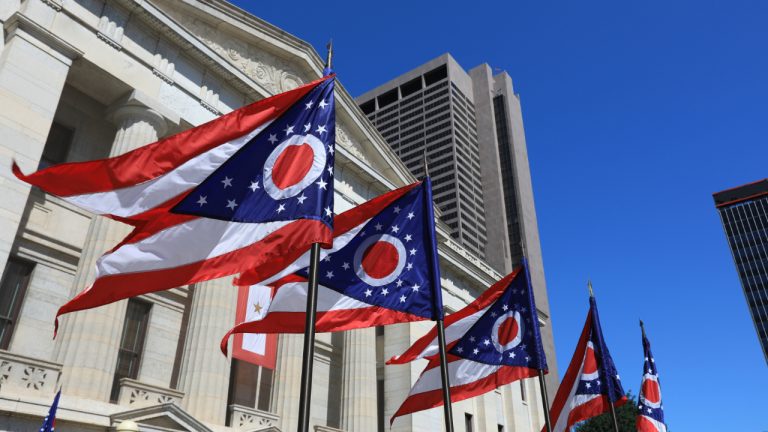On February 9, the American professional baseball team based in Washington, D.C., the Washington Nationals, announced the team has partnered with Terra, the open-source blockchain platform and decentralized autonomous organization (DAO). The Washington Nationals detail that the team is a “leading innovator” and is “consistently introducing new technologies to enhance the fan experience.” Washington Nationals Ink Long-Term Deal With Terra Major League Baseball (MLB) team the Washington Nationals has partnered with the blockchain platform and DAO Terra, according to an announcement published by the team on Wednesday. The deal with Terra follows a slew of sports-related deals with crypto firms, but the MLB team will be the first to partner with an open-source blockchain project. In addition to the partnership, the algorithmic stablecoin UST that’s issued on the Terra blockchain will be “accepted as a payment method at Nationals Park as early as next season.” “The Nationals continue t...

The U.S. has sold about 500 bitcoins seized back in 2018 for about $19.2 million. This was reportedly the largest net forfeiture in the Northern District of Ohio’s history.
- Federal authorities in the U.S. state of Ohio have sold bitcoins seized back in 2018 in a fraud case.
- The seized bitcoins were sold for nearly $19.23 million, Acting U.S. Attorney Bridget M. Brennan announced Thursday. The coins seized during the investigation were initially valued at approximately $2.88 million. This was reportedly the largest net forfeiture in the Northern District of Ohio’s history. The authorities did not say how and where the coins were sold.
- The case involved a 37-year-old Toledo-area man, Mark Alex Simon, who made false identification documents for residents of Ohio, Michigan and Utah. The documents included driver’s licenses and personal identification cards. He was paid in bitcoin.
- Simon pleaded guilty to conspiracy to launder money and the transfer of false identification documents in June 2019. He was sentenced to two years in prison.
- Prior to this case, Simon was already investigated by the police in 2008 for making fake identifications, but he was never charged.
- In 2015, the authorities traced fake identification cards found at a bar near Wittenberg University back to a website Simon built. Court documents detail that after months of investigation, the police was able to link the fake cards to Simon and others working with him.
- The authorities raided Simon’s home in Toledo along with the homes of others linked to the case. They seized more than 500 bitcoins from Simon through forfeiture proceedings.
- In forfeiture cases, the proceeds are shared between federal agencies and local police departments involved in the investigation, as well as used to compensate any crime victims. Any remaining money is returned to the U.S. Treasury.
What do you think about the Feds selling seized bitcoins? Let us know in the comments section below.
Comments
Post a Comment